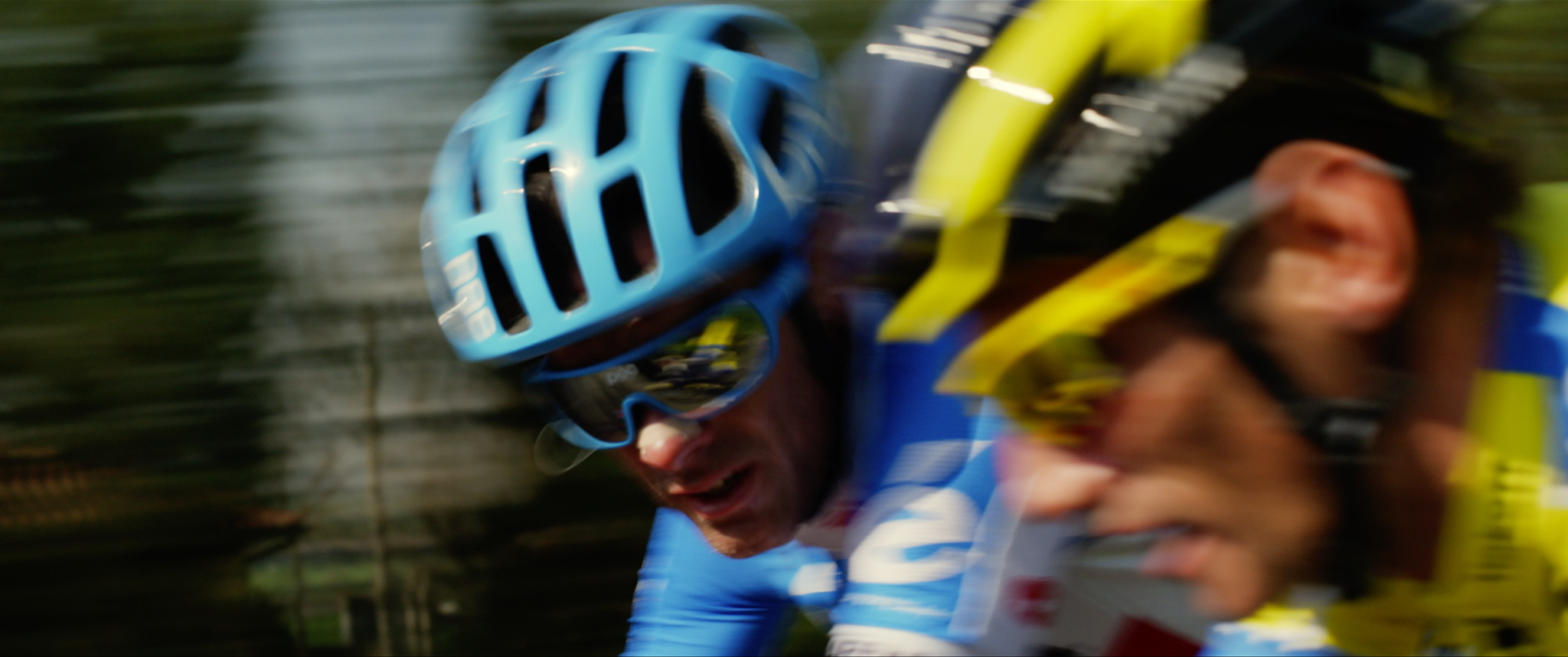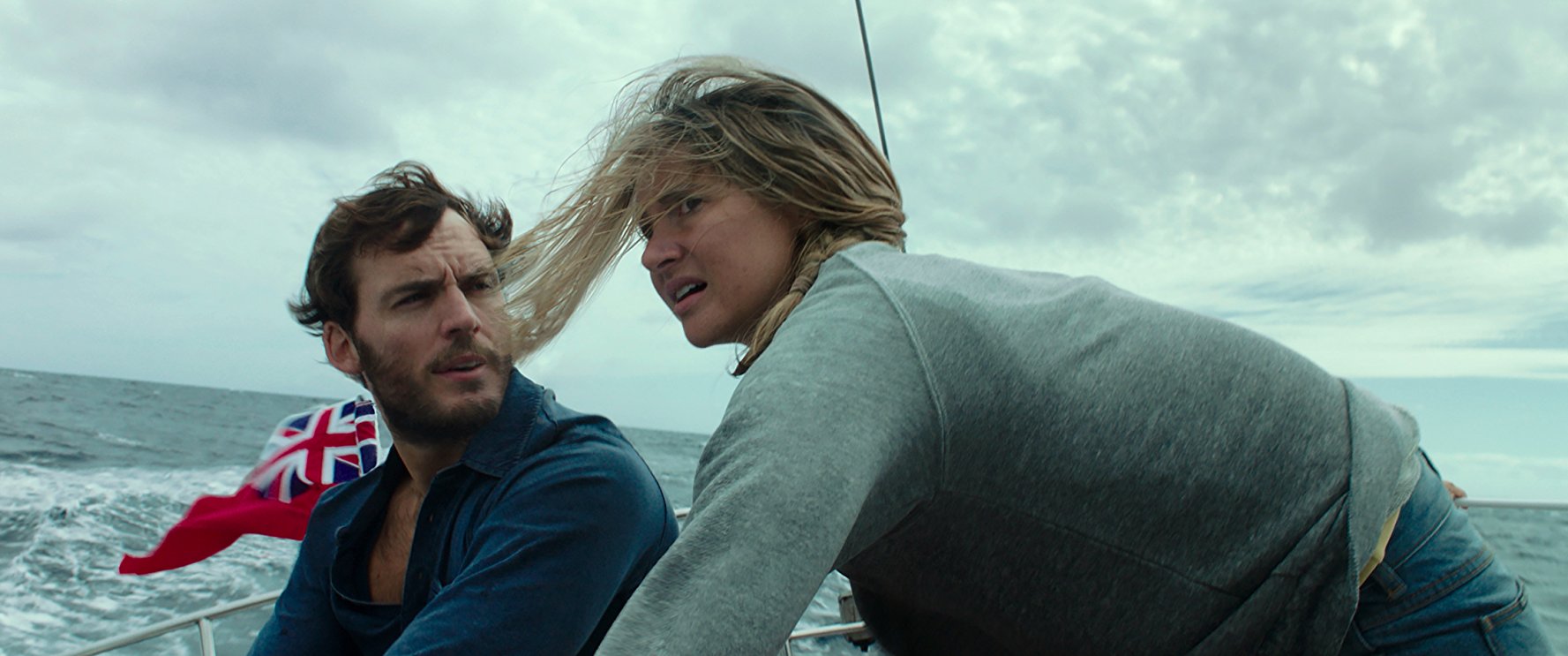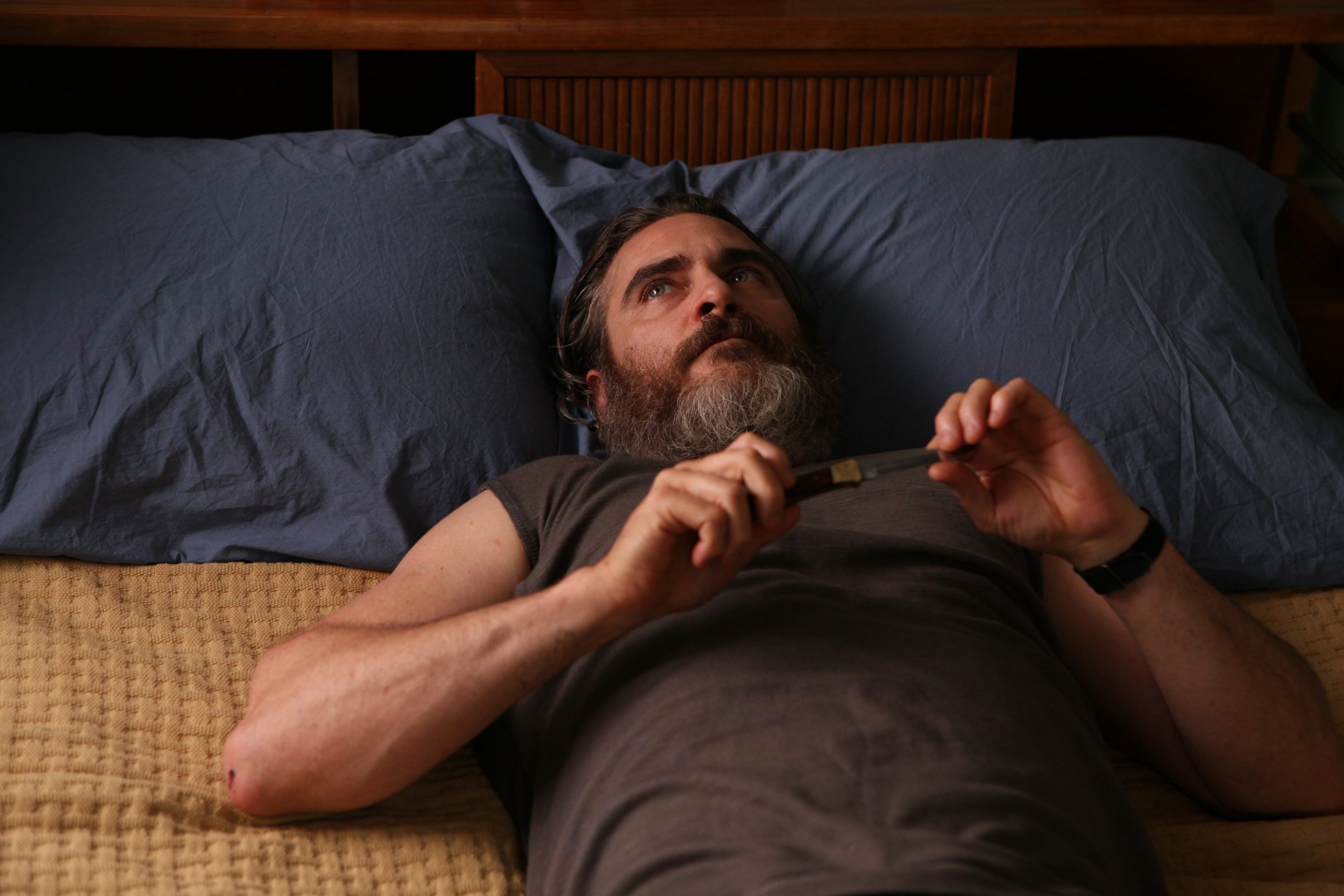Time Trial Review

Genre: Documentary, Sport
Directed by: Finlay Pretsell
Time Trial follows the final racing season of the Scottish cyclist David Millar in 2014, following a career blemished by a doping scandal in 2004. It’s a drama exploring the loss of power and spirit as an athlete ages, as well as an exploration of the suffering involved in training and racing, painting a visually brilliant picture of what the road, the peleton, and the entire experience of the race looks like for the cyclists.
At the beginning of the film, the camera follows Millar during a time trial, where the cyclist races on his own against the clock. Filmed from the side, bent over his handlebars, he looks like a supplicant; but there’s also the impression of the speed and control one expects to see in an elite athlete. Miniature cameras pointing towards his face and to the road ahead capture a rather inscrutable, gaunt face, as well as what must look like an endless length of road ahead.
In 2014, Millar hoped to do well enough in qualifying races to qualify for that year’s Tour de France. He narrates the film, returning frequently to the theme of ageing. At one point he talks about asking himself why he is so weak, and the others so strong. I’d expect that by the time a thought like that starts coming regularly to any athlete, the game’s probably over; the impression given throughout the film is that this is a man who is getting tired of the whole thing.  The doping scandal isn’t really touched on; Millar is one of a long line of cyclists found to have used stimulants and performance improving drugs from alcohol, to amphetamines, to testosterone, human growth hormone and EPO to confront the crushing physical demands of competitive cycling. He’s quite clear that he was a cheat, but that he’s tired of talking about the issue (the final team for which he raced, Garmin, had a clear and well-publicised anti-doping stance).
The doping scandal isn’t really touched on; Millar is one of a long line of cyclists found to have used stimulants and performance improving drugs from alcohol, to amphetamines, to testosterone, human growth hormone and EPO to confront the crushing physical demands of competitive cycling. He’s quite clear that he was a cheat, but that he’s tired of talking about the issue (the final team for which he raced, Garmin, had a clear and well-publicised anti-doping stance).
The most dramatic part of the film is in its second half, covering a 300km road race between Milan and San Remo. It’s over high ground, in foul weather and the riders are cold, soaked and pretty miserable. In one scene a rider zig-zags, apparently aimlessly, from one side of the road to the other on a steep climb; he looks like a wounded animal in extremis, until you realise that he’s trying to build the energy, the momentum, to tackle the most direct and steepest gradient – i.e., a straight line up the hill. You can almost hear his inner groan of despair as he realises that he can’t delay any more, that he has to make progress. Now.
I’m not giving anything away when I say that Millar doesn’t make the cut for the 2014 Tour de France; on hearing of the decision that his performance over the season hasn’t justified his selection, he cries. But the film ends with Millar dancing by himself in a night club, and for the first time in the film, he looks free – of an urge to redeem himself, of the preoccupation that he’s not the athlete he once was, and of the gruelling regime of training and racing.
The footage of the races is exceptional – and Time Trial is an excellent film; a meditative insight into the the career of a flawed, intelligent, articulate man who’d reached a stage where he’d run out of things to prove.
★★★★★


